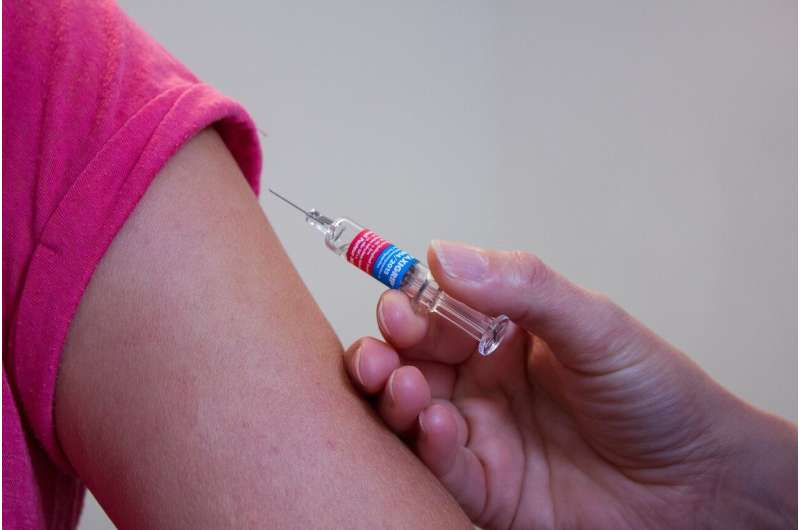Public Support for Childhood Vaccination Requirements Grows Amid Measles Outbreak

Amid a significant measles outbreak, a new survey reveals that 79% of Americans support mandatory childhood vaccinations, emphasizing public commitment to disease prevention and community health.
As a multi-state measles outbreak continues to impact numerous regions across the United States, recent polling indicates strong public backing for routine childhood vaccination mandates. A survey conducted by Harvard T.H. Chan School of Public Health and the de Beaumont Foundation found that a substantial 79% of U.S. adults believe that parents should be required to vaccinate their children against preventable diseases such as measles, mumps, and rubella to attend school. This support spans across political lines, with 90% of Democrats and 68% of Republicans in favor, including 66% of supporters of the 'Make America Great Again' movement, and also 72% of parents of school-aged children.
The survey, carried out from March 10 to March 31, 2025, involved 2,509 randomly selected adults nationwide. It was conducted during the third month of a significant measles outbreak that had spread to multiple states, underscoring the importance of widespread vaccination.
While the majority support vaccination requirements, about 21% of U.S. adults oppose them, primarily citing parental choice as their main reason. Other concerns include perceptions that government enforcement is too politically influenced, fears of future over-vaccination, and beliefs that vaccine companies profit from mandates. Notably, safety concerns are less prominent among opponents.
Supporters emphasize the effectiveness of vaccines, the responsibility to keep schools and communities healthy, and the importance of preventing the resurgence of diseases like measles. They also value vaccines' safety, proven through extensive testing, and their role in protecting children who cannot be vaccinated for medical reasons.
Experts note that resistance often relates more to parental rights than safety issues. As public health officials seek to manage outbreaks, they highlight the need for empathetic communication and education about vaccine safety and benefits.
Importantly, scientific consensus affirms that childhood vaccines are safe for most children, with 91% of the public trusting their safety. Support for vaccines is particularly high among Democrats (97%) and lower among Republicans (88%) and MAGA supporters (84%), with some variation in perceptions of 'very safe' vaccines.
This data underscores a broad recognition of vaccines as a crucial tool in controlling preventable diseases and highlights the importance of reinforcing vaccination efforts for community health.
Stay Updated with Mia's Feed
Get the latest health & wellness insights delivered straight to your inbox.
Related Articles
Virtual Trial Indicates Combination Rescue Inhaler Significantly Reduces Severe Asthma Attacks
A groundbreaking virtual trial demonstrates that adding an inhaled corticosteroid to rescue therapy nearly halves severe asthma attacks, offering new hope for mild asthma management.
How Patient Expectations Impact the Progression of Asthma
New research shows that optimistic patient expectations can slow asthma progression, emphasizing the importance of psychological factors in disease management.
Innovative Drug Enhances Immune Attack on Liver Cancer by Targeting Fat Metabolism
A groundbreaking drug developed at McMaster University shows promise in fighting liver cancer by blocking fat metabolism and activating the immune system, particularly B cells, offering new hope for treatment-resistant cases.



